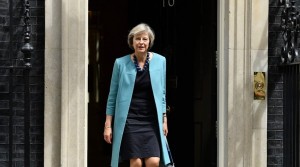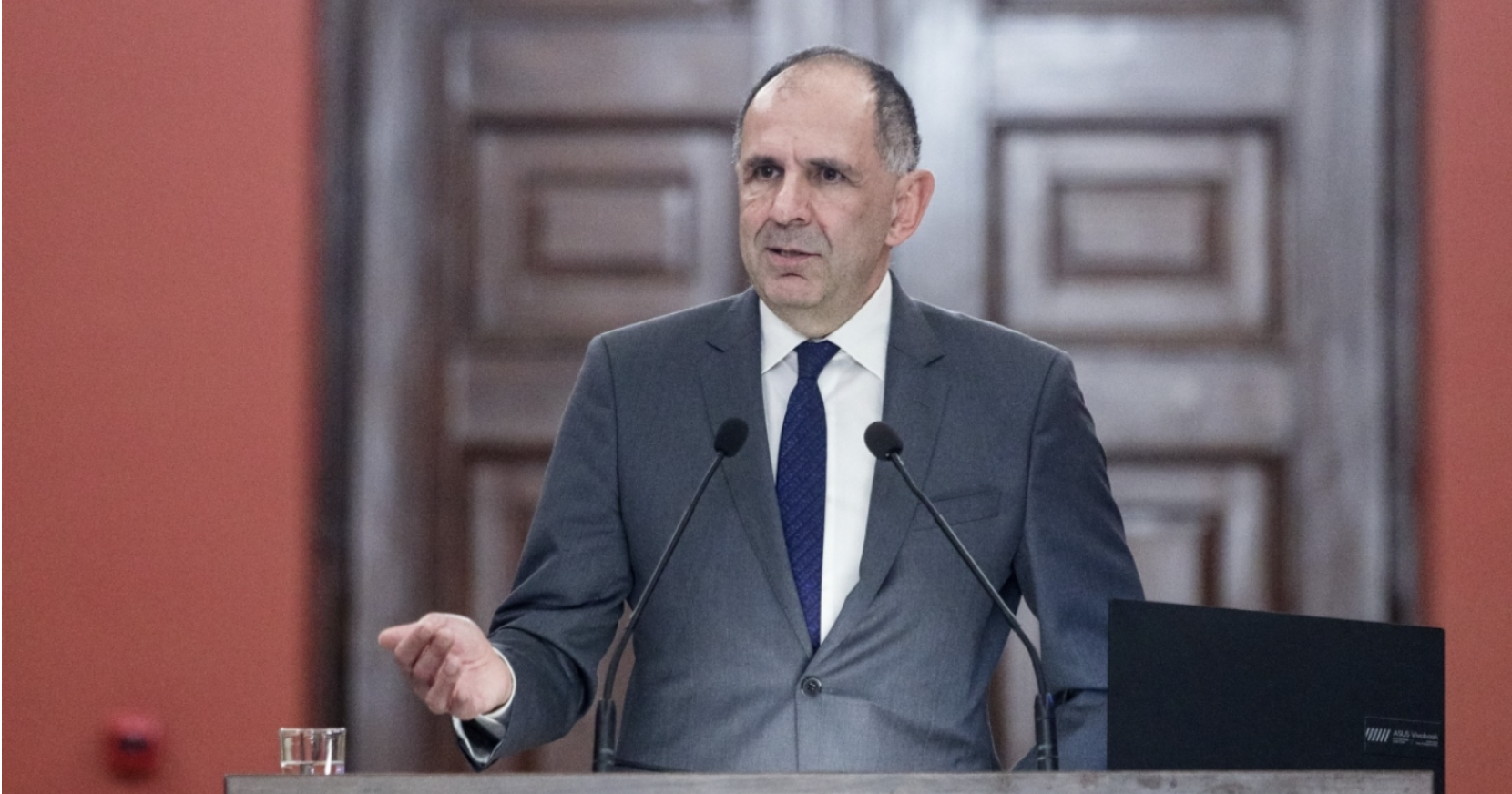The UK High Court has ruled that the British Government does not have power to trigger Article 50 of the Lisbon Treaty in order to move forward with the Brexit procedures, without parliamentary approval and a vote from MPs.
Pro-remain campaigners have won their battle over Theresa May’s decision to use the royal prerogative in her Brexit strategy to start the process of leaving the European Union.
David Davis, the Secretary of State for leaving the EU, said the judgement at the Courts would require legislation to be passed by Parliament if the Government’s appeal to the Supreme Court fails. He insisted “the people are sovereign” as he defended the Government’s decision to appeal against the court’s judgment. Downing Street has said they will challenge the judgment and an appeal with the supreme court is expected to be lodged.
MPs have suggested that May could be forced to call a snap general election next year to ensure she has enough supportive MPs to get her Brexit plan through the House of Commons.
Theresa May announced last month that she intends to trigger Article 50 by the end of March next year.
Parliamentarians are unlikely to block Brexit outright, given that 52% of voters among the public opted, on 23 June, to leave the EU, but the need for legislation gives MPs the opportunity to disrupt the process by demanding May reveals more details about her plan for negotiating the terms of departure.
The businesswoman at the centre of the legal challenge to ensure parliament is consulted before Theresa May triggers Brexit is a London-based investment manager for the firm SCM Private named Gina Miller. Ms Miller, 51, launched the Brexit legal case along with London-based Spanish hairdresser Deir Dos Santos and the People’s Challenge group, set up by Grahame Pigney and backed by a crowd-funding campaign.
Three London law firms – Mishcon de Reya, Edwin Coe and Bindmans – agreed to take up the case
Ms Miller has argued that only Parliament can make a decision that leads to the loss of her “rights” under EU law.
Ask me anything
Explore related questions





